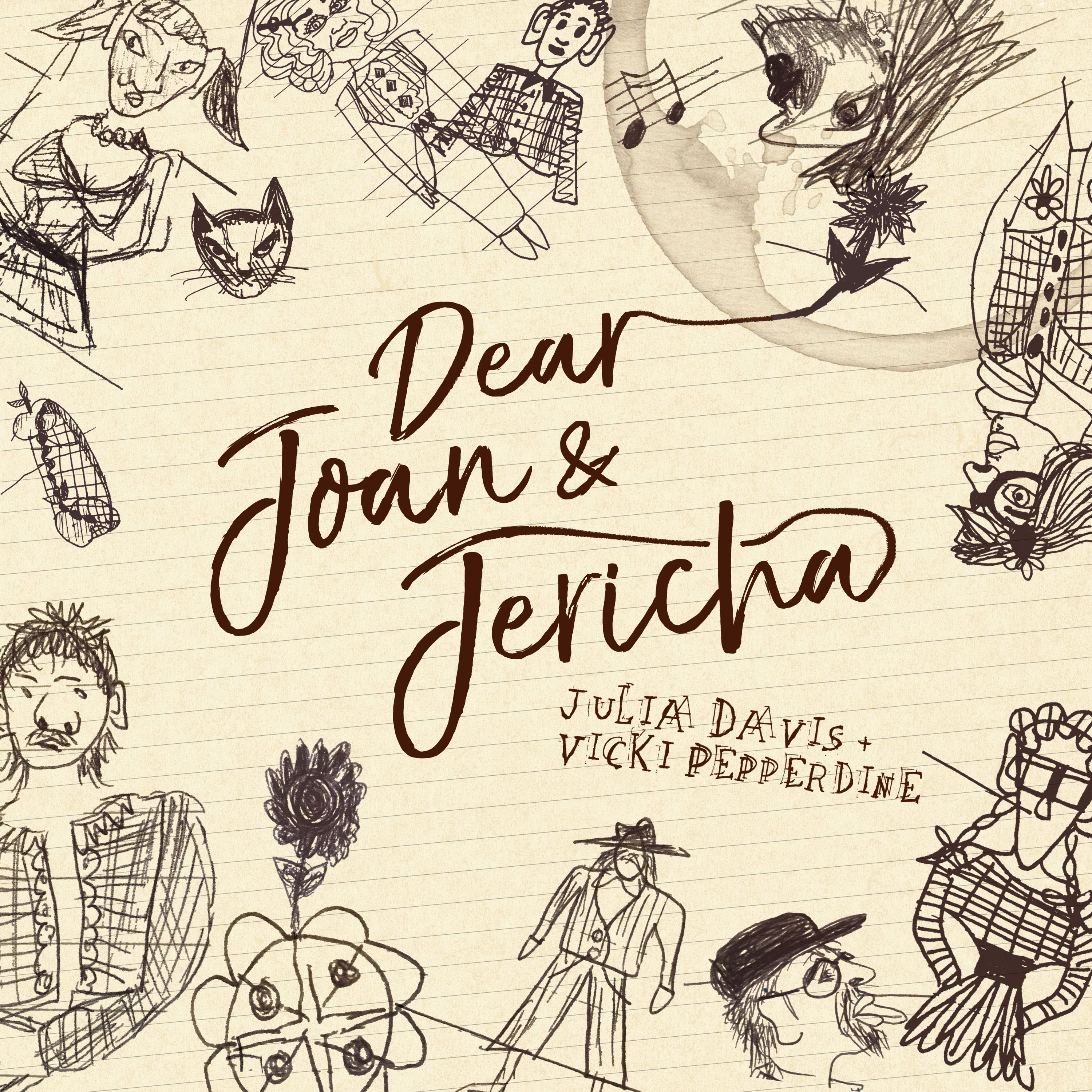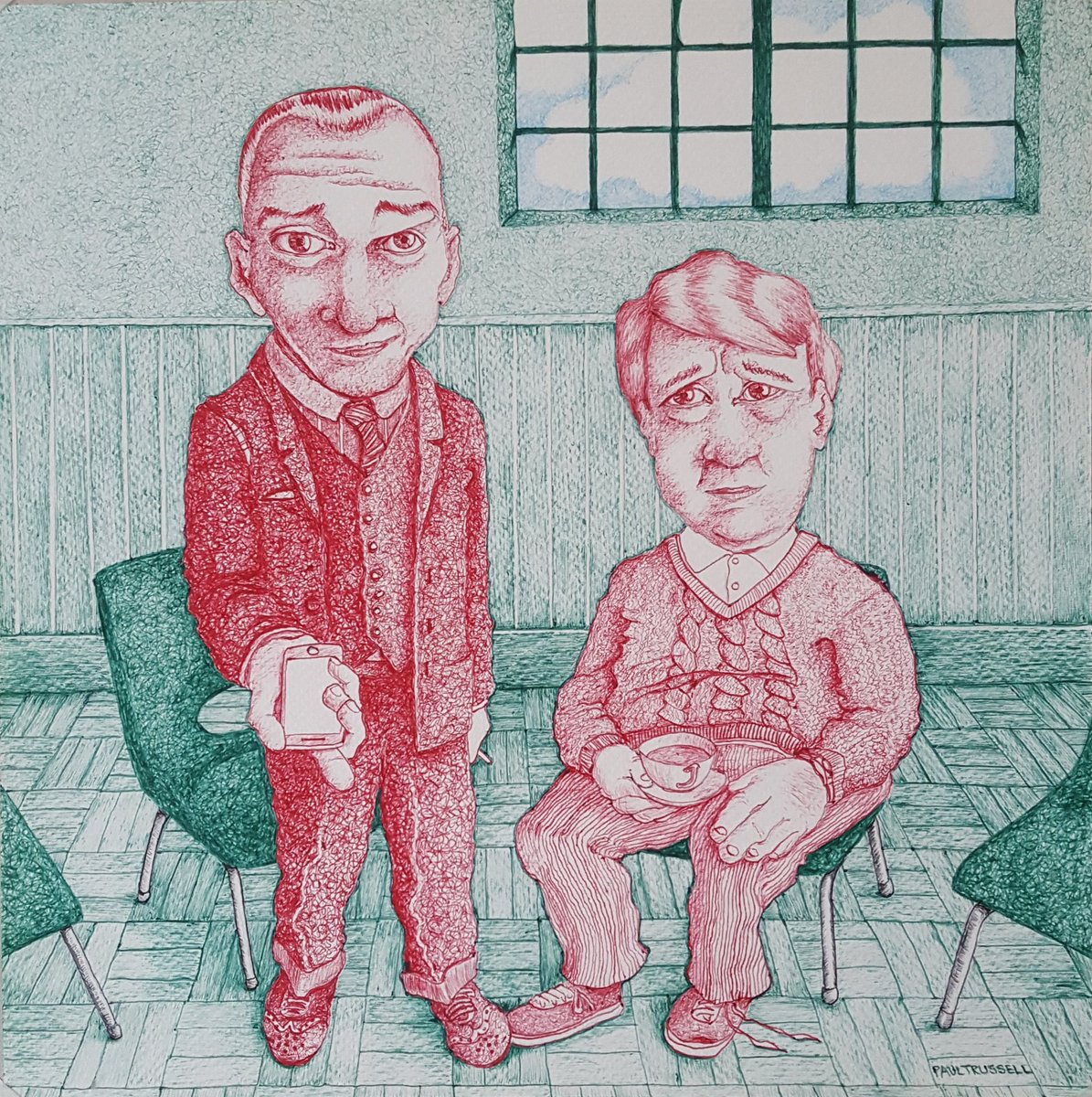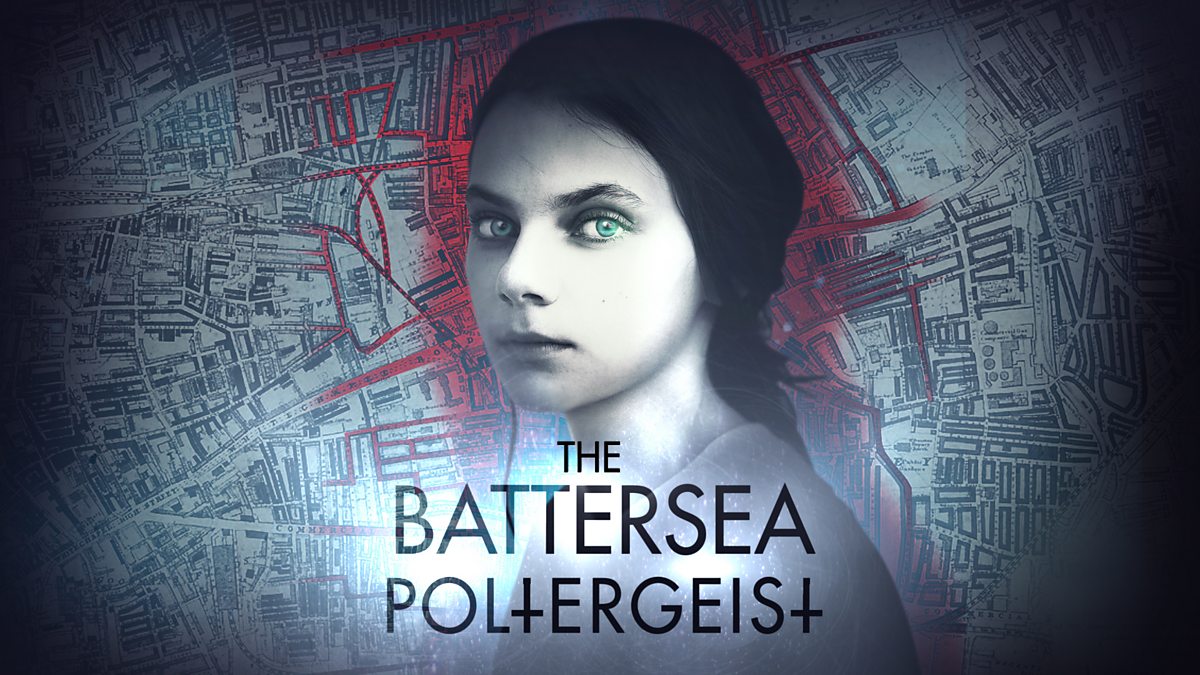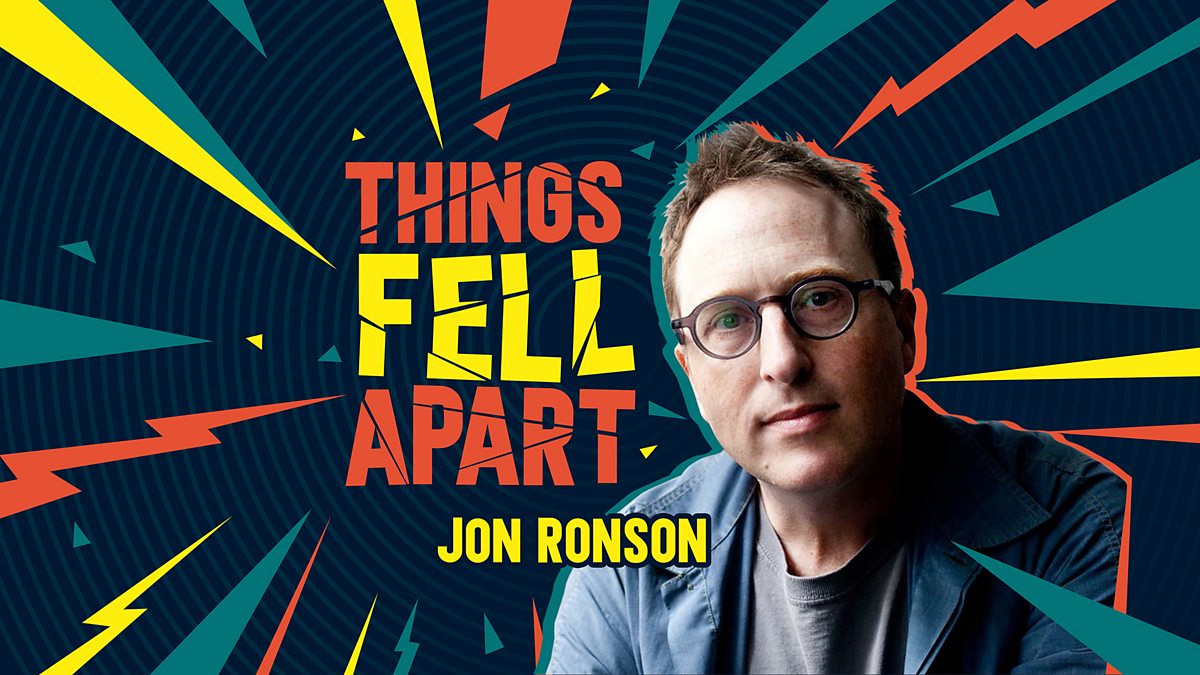
Well, that’s the bar set for Best Movie at this year’s Oscars.
In which Benedict Cumberbatch blows his back catalogue out of the water in assuming a complex role that simply takes your breath away. It helps that he has the truly magnificent Jane Campion to direct him in what is a virtuoso performance on her part.
The entire movie plays havoc with “Western” stereotypes in a similar way to how Brokeback Mountain totally upended the genre’s conventions. But this is an even more nuanced movie than Brokeback Mountain.
Once again Kirsten Dunst shows how great an actress she is (I loved her in Melancholia and The Virgin Suicides and it’s a real shame that her reputation really lies in fluff and franchise movies, because she is so much better than that). Perhaps, finally, Dunst will be given the recognition she deserves by the Academy. Surely.
She plays the wife of her real life husband (Jesse Plemons)who plays Cumberbatch’s brother. Cumberbatch, a redneck bully with a secret, and Plemons, the more sophisticated of the two, bullied by his brother and manager of the ranch and its rather magnificent “stately” home. The mistrust and disharmony the two exhibit is relentless and deeply unpleasant.
Dunst comes into the family with a pubescent son from her widowed previous marriage (the marvellous Kodi-Smit McPhee – best known as a child actor in The Road and Let Me In, but all grown up now) he’s a pretty boy in a roughneck world, totally out of place and relentlessly bullied, just like his new step father.
But the son gets under bully boy Cumberbatch’s skin and sees him for what he really is. No need to explain – it’ll only spoil the fun.
Once again Jonny Greenwood pulls out all the stoppers with a brooding, thoughtful and magical score. And the camerawork by Ari Wegner is truly remarkable. She made a deep impression on me with her work on The True History of the Kelly Gang and also in Lady Macbeth.
The movie juggles the relationships between the two brothers and the new wife and her son artfully. The interrelationship between each of them shapeshifts throughout the movie and Dunst’s rapid descent into alcoholism (fuelled by Cumberbatch’s obvious hatred of her) is beautifully directed and performed.
Cumberbatch has never been like this, not even remotely, before. He’s a malevolent, evil force. Dunst is at her equal career best and Campion has rarely, if ever, put a foot wrong throughout her illustrious career. And this is a highlight.
This is a movie to really savour, to relish, but uncomfortably so.











